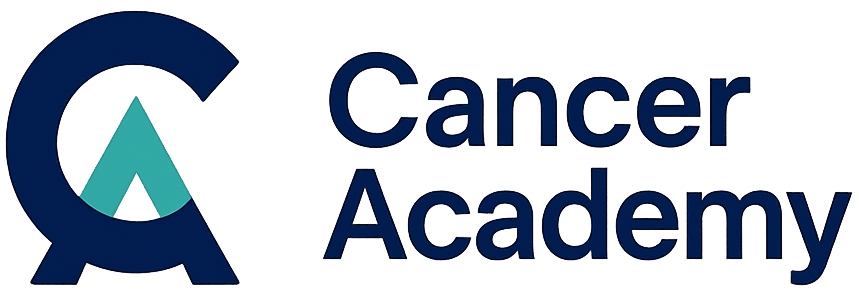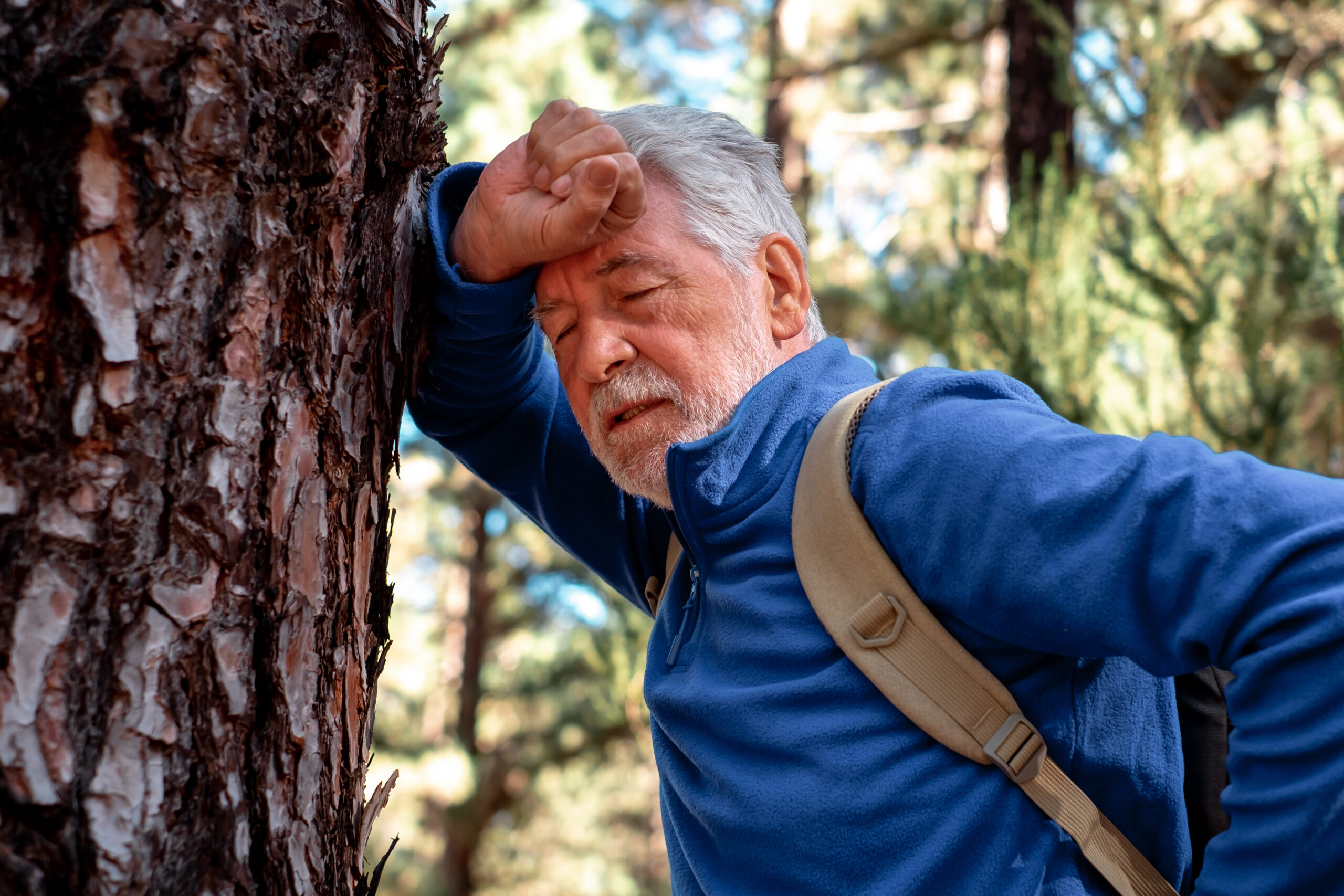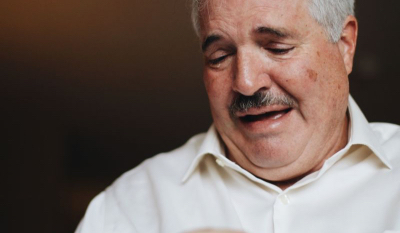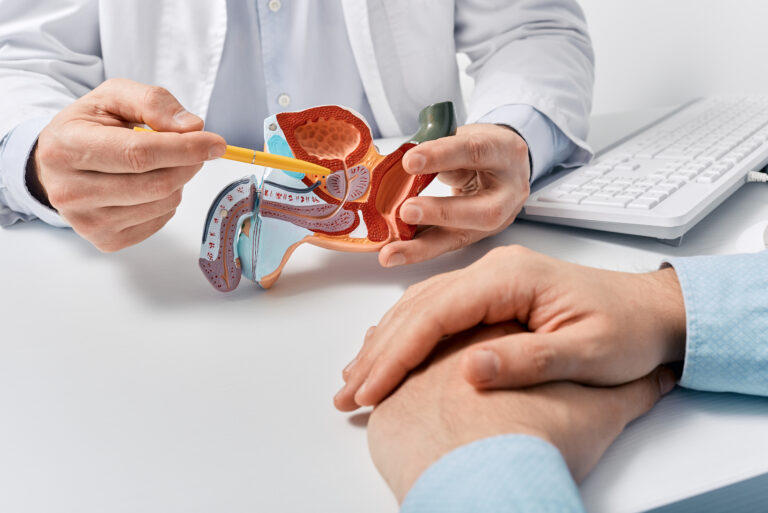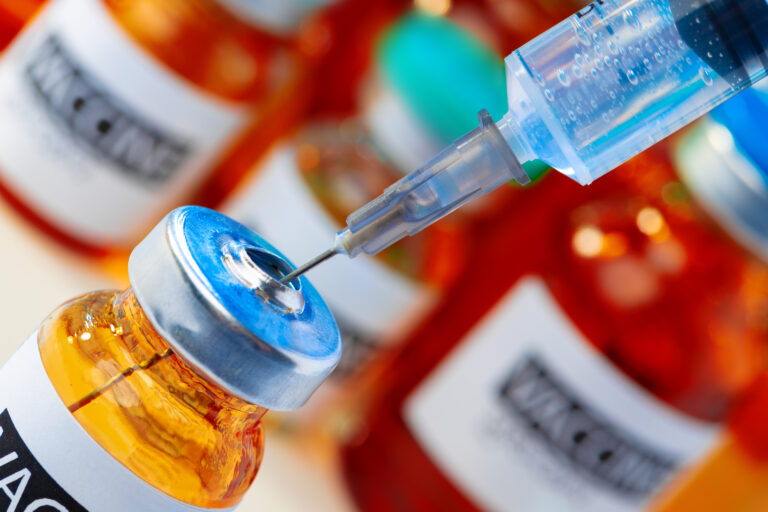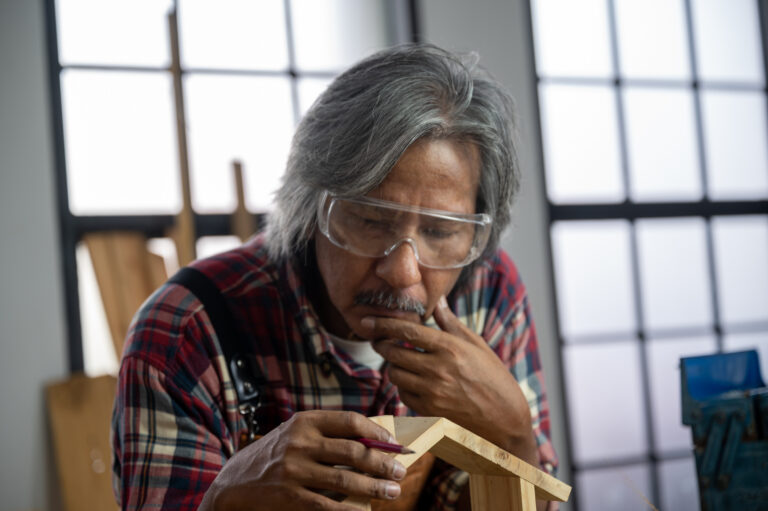Chemotherapy Side Effects and How to Manage Them FAQ
Frequently Asked Questions about Chemotherapy for Prostate Cancer
When is chemotherapy used for prostate cancer?
Chemotherapy is typically used for advanced or metastatic prostate cancer. It’s not usually part of early-stage treatment, but doctors may recommend chemo when the cancer has spread outside the prostate or when hormone therapy is no longer working. Chemotherapy drugs travel through the bloodstream to kill cancer cells throughout the body. It can also help relieve symptoms and improve quality of life in advanced cases, though chemo is unlikely to cure prostate cancer.
What are common side effects of chemotherapy for prostate cancer?
Common side effects include fatigue, nausea and vomiting, appetite loss, hair loss, and mouth sores. Other possible effects are diarrhea, infection risk, bleeding, numbness in hands/feet (neuropathy), and cognitive changes like “chemo brain.” Not every patient experiences all of these, and they often fade after treatment.
How can I manage fatigue during chemotherapy?
Rest when needed, do gentle activities like walking, keep a regular sleep routine, and eat nourishing meals. Ask for help with chores and save energy for important tasks.
How do I cope with nausea or appetite loss from chemotherapy?
Take anti-nausea medications as prescribed. Eat small, bland meals, stay hydrated with fluids like ginger tea or clear broth, and avoid spicy or greasy food. Let your doctor know if nausea persists.
Will chemotherapy cause hair loss?
Yes, many chemo drugs cause temporary hair loss. Hair usually grows back after treatment. You can prepare by cutting your hair short or choosing a hat, scarf, or wig if desired. Protect your scalp from sun and cold.
How can I reduce my risk of infection during chemotherapy?
Practice good hygiene: wash hands, avoid sick people, clean surfaces, and cook food thoroughly. Watch for signs of infection like fever. Your doctor may give medication to boost your immune system.
What can I do about mouth sores or digestive problems from chemotherapy?
Use a soft toothbrush, rinse your mouth with saltwater, and avoid spicy or acidic foods. Eat soft, cool foods like yogurt or smoothies. For diarrhea or constipation, adjust your diet and talk to your doctor about medications.
What if I experience numbness or tingling (neuropathy) from chemotherapy?
Let your doctor know right away. Protect your hands and feet from injury or extreme temperatures. Wear shoes indoors and use night lights to prevent falls. Neuropathy usually improves after treatment ends.
Can chemotherapy affect my memory or mood?
Yes. You may feel forgetful or emotionally off during chemo. Use tools like notebooks and reminders to stay organized. Talk to friends, join support groups, and ask your doctor for help if you feel overwhelmed or depressed.
